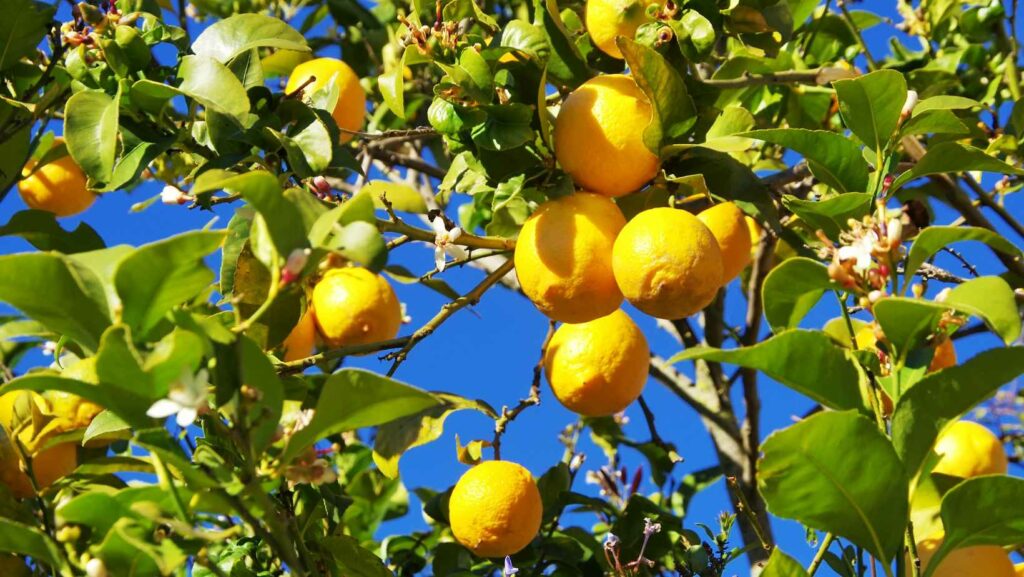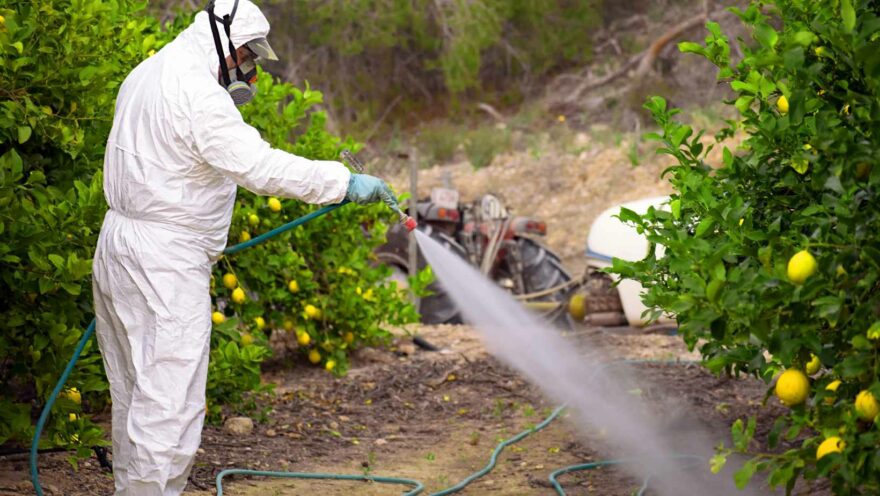What is the best fertilizer for a lemon tree
Lemons are a popular citrus fruit that are used in a variety of recipes and have many health benefits. In order to grow a healthy lemon tree, it is important to use the right type of fertiliser. There are many different types of fertilisers on the market, but not all of them are created equal.
To help you choose the best fertiliser for your lemon tree, we’ve compiled a list of the bottom 5 fertilisers that you should avoid.
The bottom 5 fertilisers for lemon trees
Not all fertilisers are created equal, and this is especially true when it comes to lemon trees. If you want to get the most out of your lemon tree, you need to choose the right fertiliser. In this article, we will take a look at the bottom five fertilisers for lemon trees.
Fertiliser A
There are many different types of fertiliser that you can use on your lemon tree, but not all of them are created equal. Some fertilisers are better than others, and some are simply not worth the money. In this article, we will take a look at the bottom 5 fertilisers for lemon trees.
Fertiliser A is one of the bottom 5 fertilisers for lemon trees because it is not very effective. This fertiliser is made up of nitrogen, phosphorus, and potassium, but it does not contain any other nutrients that lemon trees need.
Fertiliser B is another one of the bottom 5 fertilisers for lemon trees. This fertiliser is made up of nitrogen, phosphorus, and potassium, but it also contains magnesium and calcium. However, these two nutrients are not in high enough concentrations to be effective.
Fertiliser C is another one of the bottom 5 fertilisers for lemon trees. This fertiliser is made up of nitrogen, phosphorus, and potassium, but it also contains sulphur. However, sulphur is not an essential nutrient for lemon trees and can actually be harmful in high concentrations.
Fertiliser D is another one of the bottom 5 fertilisers for lemon trees. This fertiliser is made up of nitrogen, phosphorus, and potassium, but it also contains iron. However, iron is not an essential nutrient for lemon trees and can actually be harmful in high concentrations.
Fertiliser E is the last one of the bottom 5 fertilisers for lemon trees. This fertiliser is made up of nitrogen, phosphorus, potassium, magnesium, and calcium. However, these nutrients are not in high enough concentrations to be effective

Fertiliser B
Fertiliser B is one of the bottom 5 fertilisers for lemon trees. Although it may be less expensive than other brands, it is not as effective in promoting growth or providing essential nutrients.
Fertiliser C
Fertiliser C is one of the worst fertilisers you can use for lemon trees. It is full of chemicals and does not provide the nutrients that lemon trees need to grow healthy and productive.
Fertiliser D
Dry fertiliser is the best fertiliser for a lemon tree. It should be applied once a week during the growing season and this will help the tree to produce more fruit.
Compost is also a good fertiliser for a lemon tree. It should be applied every two weeks during the growing season. This will help the tree to produce more fruit and to keep the leaves green.
Peat Moss is another good fertiliser for a lemon tree. It should be applied every two weeks during the growing season. This will help the tree to produce more fruit and to keep the leaves green.
Fish Emulsion is also a good fertiliser for a lemon tree. It should be applied every two weeks during the growing season. This will help the tree to produce more fruit and to keep the leaves green.
Fertiliser E
Espoma Tree-Tone is an all-natural and organic fertiliser that is specifically designed for fruit and nut trees. It contains no sludges or fillers, and it is slow released so that it will not burn your plants. This fertiliser will help to promote strong root growth, and it will also increase the size and flavour of your fruits and nuts.
Conclusion
After careful consideration, we have compiled a list of the five worst fertilisers for lemon trees. These fertilisers will do more harm than good and should be avoided at all cost.
1. Ammonium sulphate
2. Urea
3. Superphosphate
4. Potash
5. Blood meal
